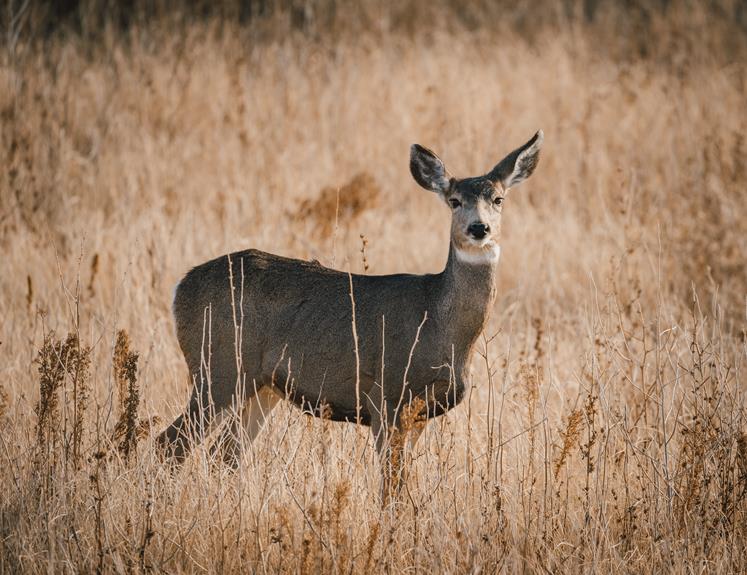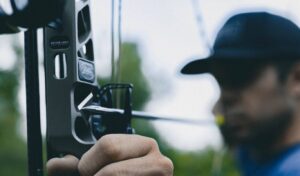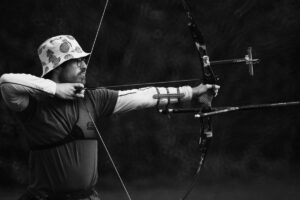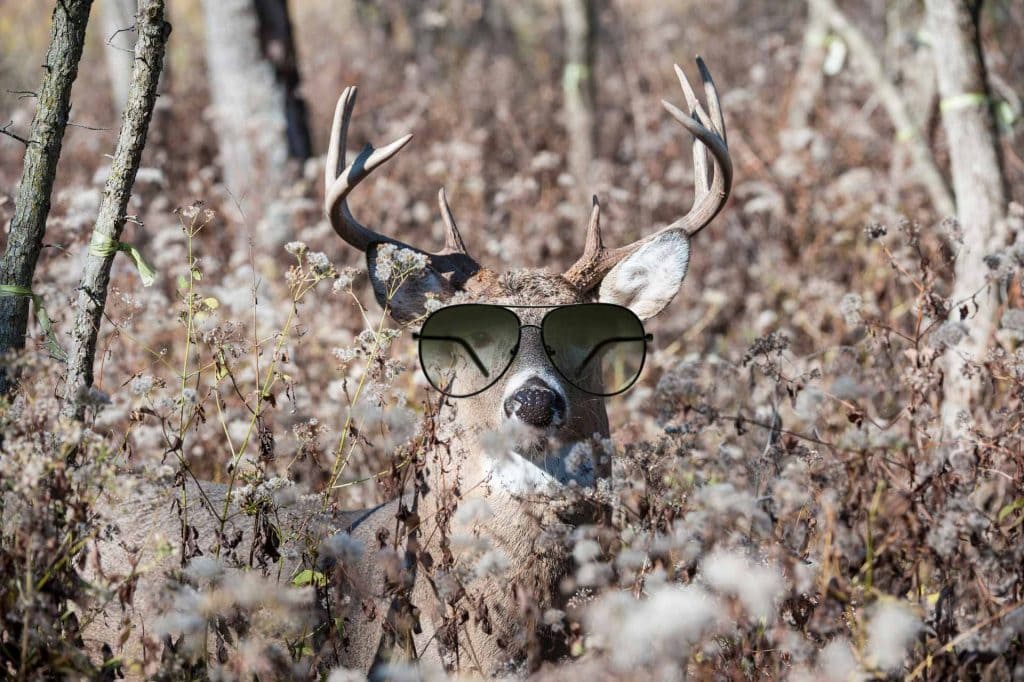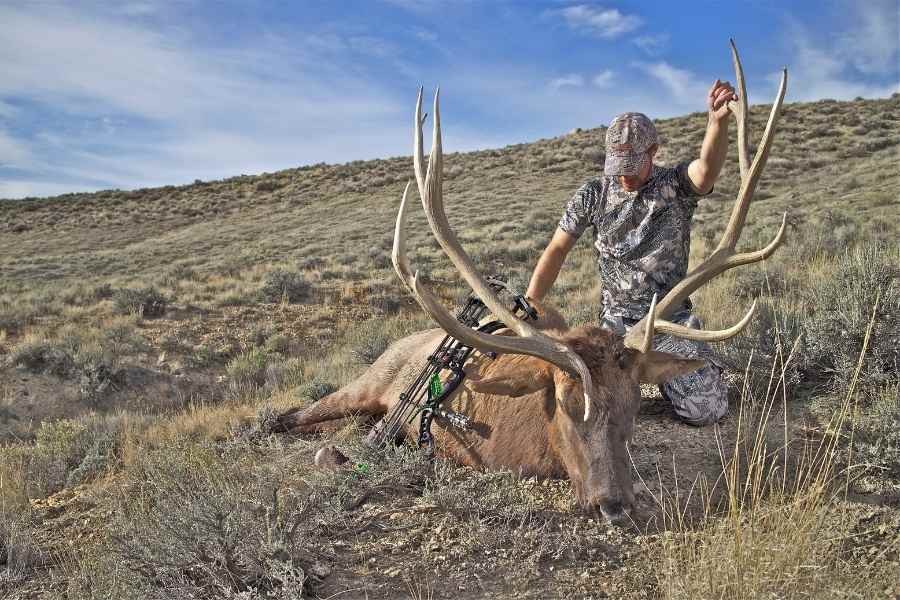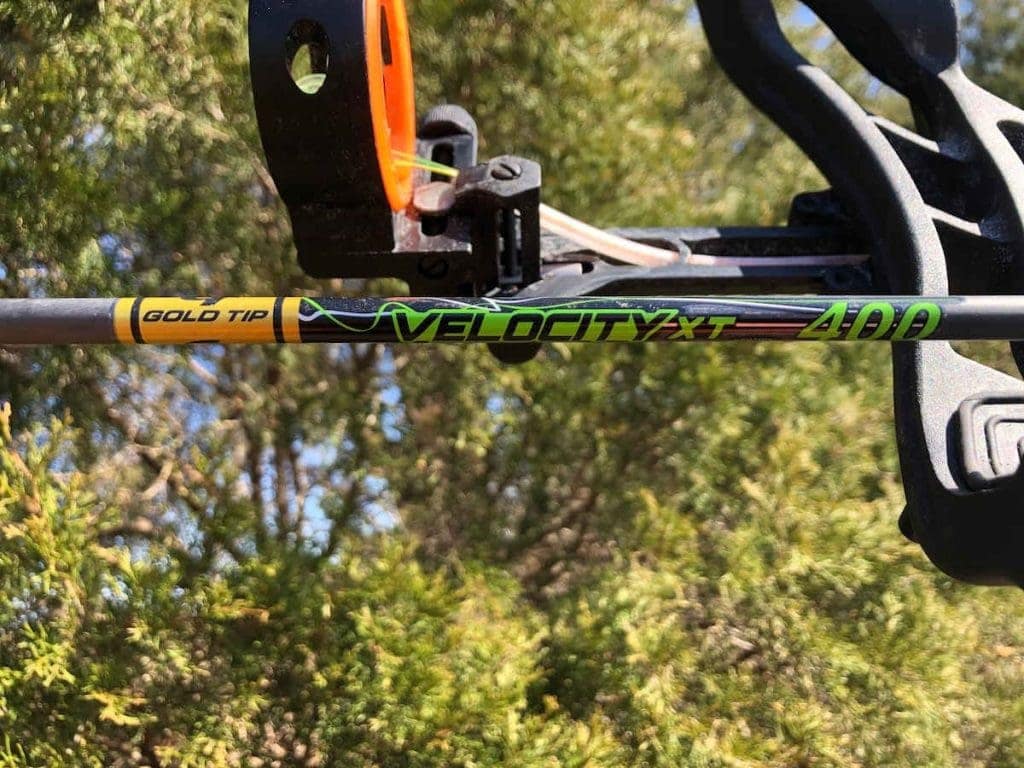Imagine you’re out in the wilderness, quietly stalking a deer. You might wonder how far this creature can hear.
Deer have an excellent sense of hearing, far better than ours.
With their large, swiveling ears, they can catch the faintest sounds from significant distances, an ability they rely on for survival.
In this piece, we’ll delve into the specifics of a deer’s hearing range and offer insights to enhance your hunting skills.
Contents (Jump to Topic)
ToggleSo, get ready to uncover the secrets of deer hearing and learn how to use this knowledge to your advantage on your next hunting trip.
Understanding Deer’s Superior Hearing
Thanks to their large ears, deer have a supernatural hearing ability that allows them to detect sounds of lower intensity, even from a considerable distance.
The ears work independently, helping them triangulate noises from all directions.
Their hearing is most acute in the 4 to 8 kHz range, crucial for distinguishing between harmless woodland sounds and potential threats.
Sometimes, wind can hamper their hearing, affecting how far and loud sounds carry. However, a deer’s hearing is a top-notch defense mechanism.
Key Factors Influencing Deer Hearing
Several factors can influence how far and well a deer can hear, affecting their ability to perceive potential environmental threats.
The key factors influencing deer hearing include their large ears, which gather sounds effectively, and their delicate inner ears, which are susceptible to loud noises.
The wind can also affect a deer’s hearing ability, altering the distance and volume of sounds.
However, the range of sounds truly enhances the hearing ability of deer.
They can detect low noises, like footsteps, from a distance, and their ears can rotate to determine a sound’s direction.
How Deer Use Their Ears
Understanding how deer use their ears can significantly improve your hunting strategy.
A deer’s ears, about ten times larger than ours, have extraordinary hearing abilities that allow them to identify danger from a distance.
They can work their ears independently, rotating them to detect, direct, and triangulate sounds from all directions.
This skill enables deer to accurately locate the source of a sound, which is crucial for their survival.
However, high wind and heavy rain can neutralize their effectiveness.
Implications for Hunters
Deer hear sounds beyond the range of humans, and their large rotating ears allow them to pinpoint directions of potential danger.
This means you need to minimize noise and avoid unnatural sounds. Also, consider wind direction, as deer rely on it to hamper certain sounds.
Remember, a deer’s hearing ranks third behind smell and sight, so even if you’re silent, you’re not invisible.
Understanding the differences between deer and human hearing capabilities will help predict your prey’s reactions, leading to enhanced hunting strategies.
These are the significant implications for hunters—adapt your approach to the deer’s extraordinary auditory abilities and increase your hunting success.
Techniques to Minimize Noise
Approach from directions devoid of deer, or walk in dry, shallow creek beds to muffle your noise.
You can brave muddy areas, as deer can sometimes overlook limited noise. Avoid distinctively human noises like rattling antlers or metal clinks.
Instead, choose to tread on noisy surfaces like leaves to mimic the sounds of other animals.
Sneaking into areas with a pre-placed stand can also help.
Before you go..
So, a deer’s hearing is pretty impressive, huh? It’s their advanced radar and incredible survival tool.
As a hunter, understanding this can significantly improve your strategy.
Keep refining your approach, minimize noise, and increase your chances of a successful hunt.
Happy hunting!
Sources:
https://www.themeateater.com/wired-to-hunt/whitetail-hunting/how-well-do-deer-hear
https://tinks.com/news-and-resources/post/whitetails-101/how-well-do-deer-hear
https://www.archerytalk.com/threads/what-can-a-deer-hear.967528/
https://deerassociation.com/listen-to-these-5-facts-about-deer-hearing/
https://www.newsbug.info/newton_county_enterprise/lifestyle/examining-deer-hearing-ability/article_0a39d6f9-ca95-57bd-a69e-8a91dddfc0bc.html
